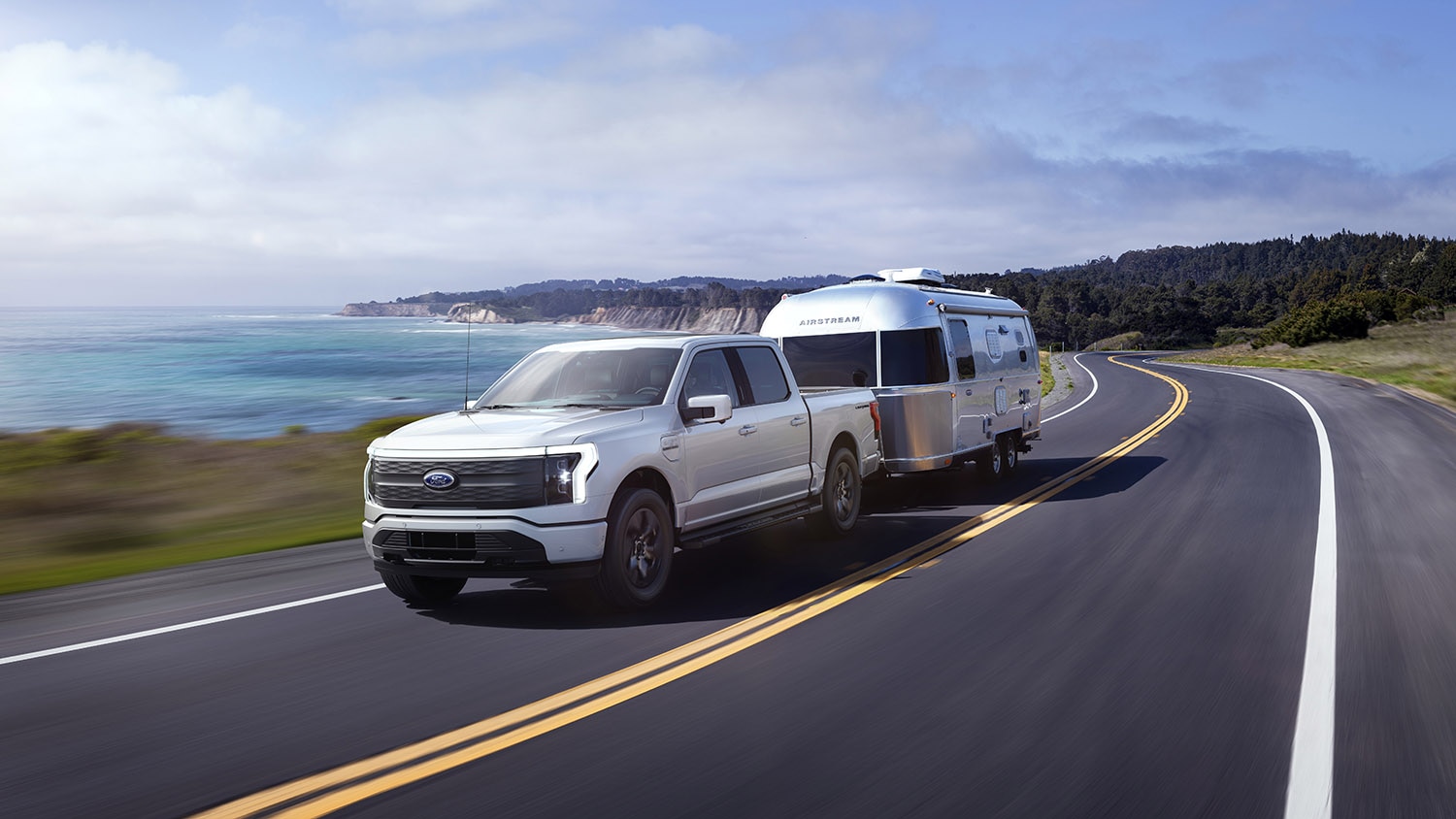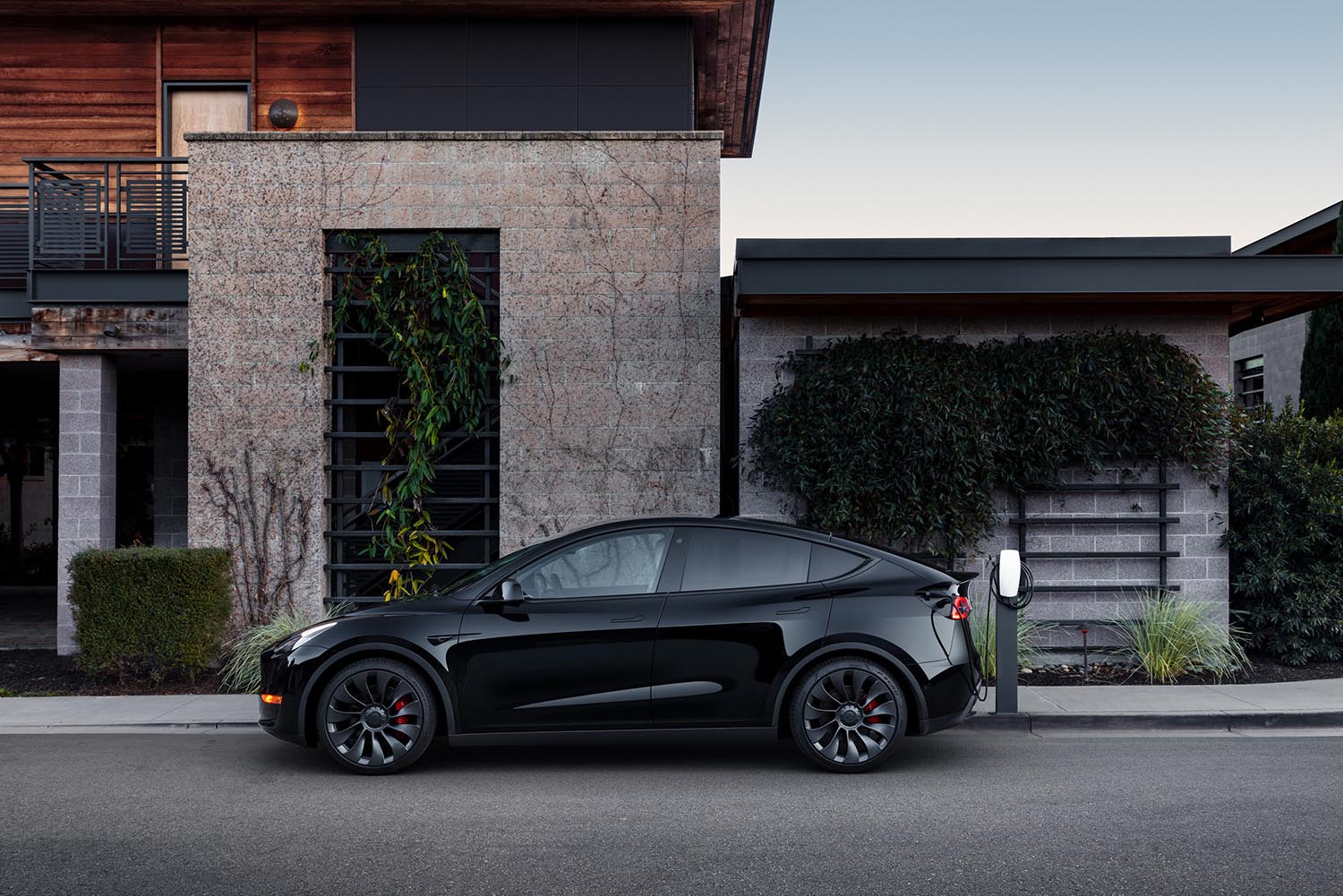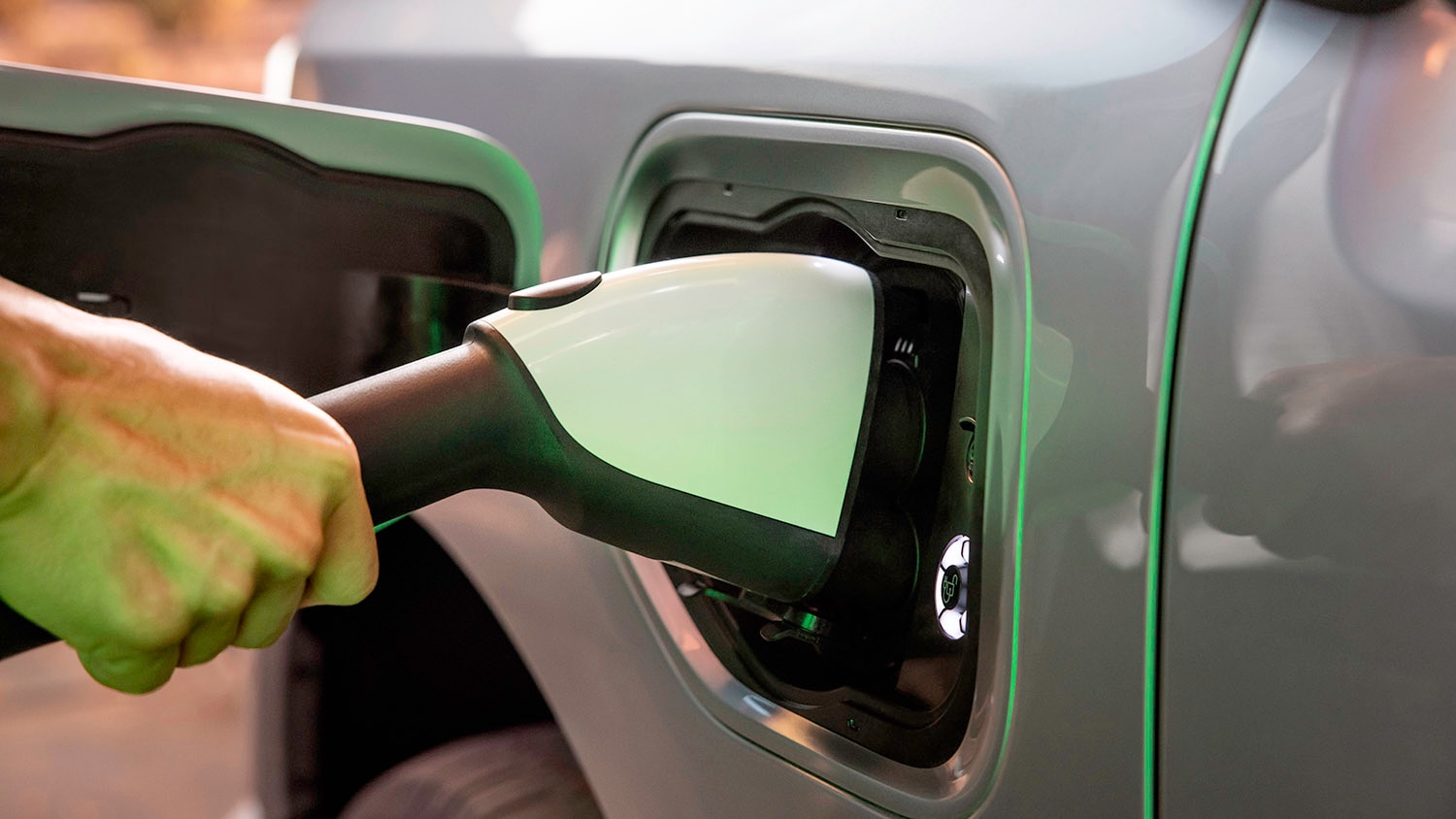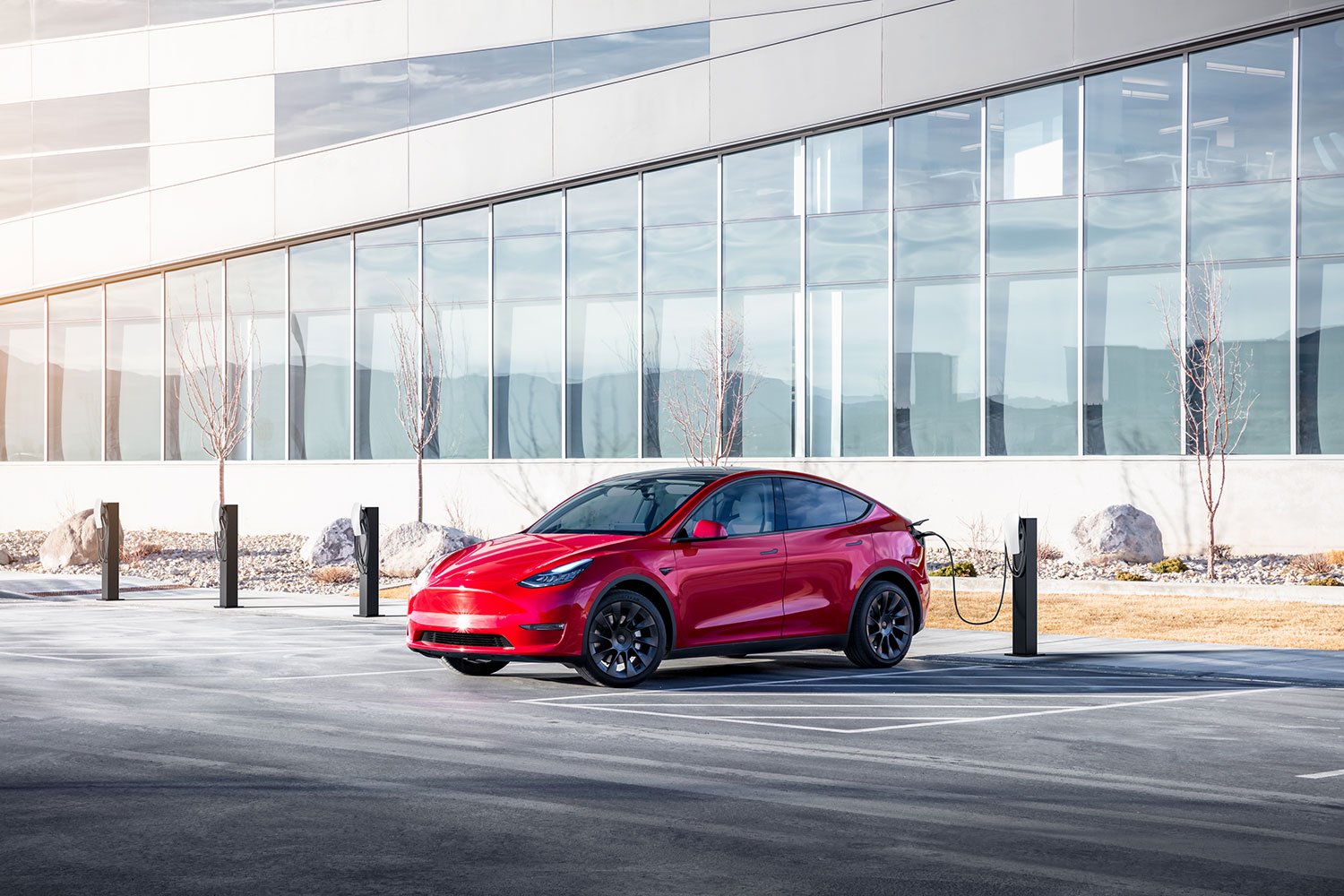What to Do If Your EV Is Too Big for Your Garage
The latest generation of EVs might be getting bigger, but the garages in older homes aren't.
 Ford
Ford
Article QuickTakes:
Car shopping can be tough. Trying to decide which model best fits your needs and budget is often a lengthy process — and that decision can become more complicated if you're EV shopping. Not only do you need to calculate how much range you want, you also have to work out where you're going to charge the thing.
If you have a garage, getting an indoor charger installed is usually a cost-effective, convenient solution. But what if your EV won't fit in that space? The situation may seem unlikely, given how many tiny, efficient EVs are out there, but some electric vehicles are simply too big for older garages. The Ford F-150 Lightning, for example, is almost 20 feet long and more than 6 feet tall. Its width from mirror to mirror is about 8 feet — according to The Spruce, a popular home-improvement website, the standard width of an older home's garage door is also 8 feet. It's unlikely you'll be able to slide Ford's electric truck through that opening.
So what do you do if your ideal EV won't fit in your garage? You've got options.
 Tesla
Tesla
Take Your EV Charger Outdoors
Consider getting an EV charger that can live outside — some units are designed to survive the elements and juice up your ride even in the rain or snow. Mounting these chargers onto one of your house's outside walls can make them easier to use.
If you only need to charge Tesla electric vehicles, that company's standard $425 Wall Connector can be installed inside or outside (although it must be put in by an electrician, Tesla says). For any other kind of EV, you could consider a unit like the $349 Grizzl-E Level 2 EV charger, which is water-resistant and rated to operate down to -22 degrees Fahrenheit.
 Ford
Ford
Invest in EV Extension Cables
If you already have a charger mounted in your garage and don't want to move it, an EV extension cord is one possible solution. For a non-Tesla electric vehicle, you can likely connect to the charger via an
Should you decide to go with an extension cord for your EV charger, it might be worthwhile to keep a few things in mind. The first is that longer cables have greater electrical resistance, which can slow charging. To avoid this, look for the shortest possible extension cord that will meet your needs.
Second, ensure you get a high-quality cord. Look for something with a UL certification mark, which indicates that Underwriters Laboratories, a U.S. nonprofit that tests devices and materials, has looked over the product to ensure it meets safety and quality standards. The cable should be rated for outdoor use: Many cables have "ingress protection" ratings, which indicate how much protection the material inside the cord has from hazards like moisture, dust, and movement. A rating of IP65, for example, means the cable is dust-tight and protected against water jets, according to the International Electrotechnical Commission, the organization that developed the rating system.
Beyond those guidelines, it's generally a good idea with any electrical equipment to make a habit of periodically checking the cable for damage and keeping it secured when not in use. Finally, add some cable protection if you plan to close the garage door on it.
 Tesla
Tesla
Don't Charge At Home
If neither outside charging nor extension cables will work for you, it may be that you'll have to charge away from home. Unfortunately, destination charging will likely be less convenient and more expensive than finding an at-home solution. That said, some workplaces offer EV charging — depending on the company, it can be free to employees. And finally, you might consider exploring your local area's EV-charging infrastructure. Public charging companies such as Electrify America have more charging stations in larger cities, particularly those on either U.S. coast.



